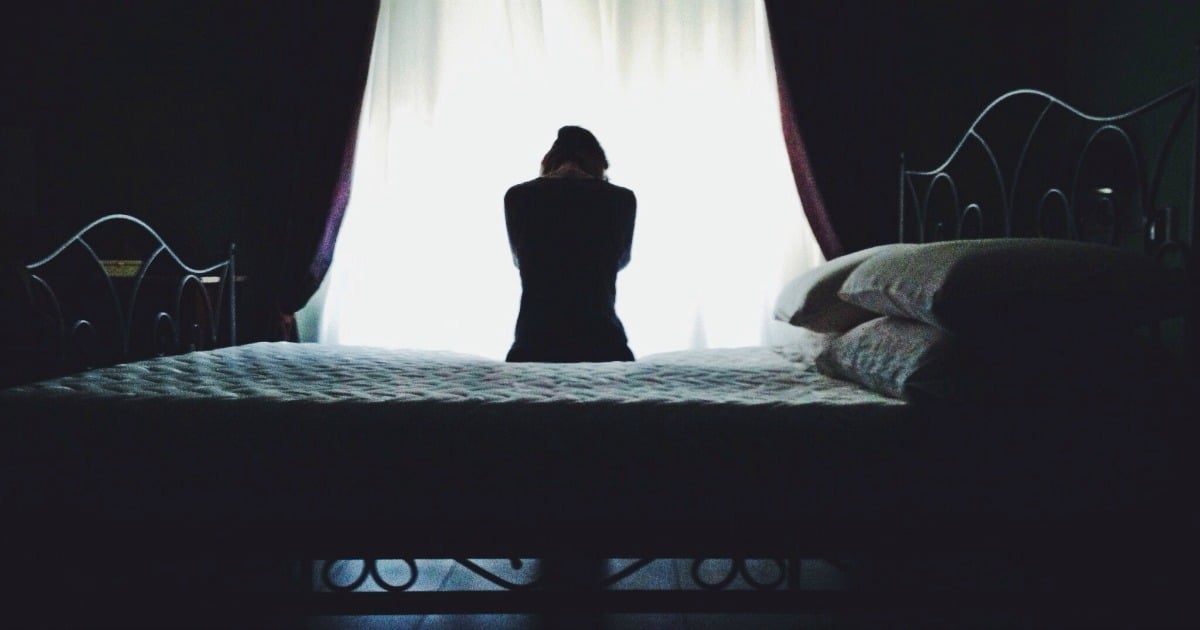I am an Australian woman. I am a university student. I am a dog person. And I am also someone who struggles with severe anxiety and depression.
It took me about a year to come to terms with the fact that the state of my mental health was not – for want of a better term – ‘normal’. During this year I experienced anxiety so debilitating that I would wait in my upstairs bedroom, busting to go to the toilet, until I was certain that no one else was downstairs so I could go to the bathroom in peace. Likewise, my depression was so incapacitating that whenever I came home from somewhere, I hoped desperately that no one else was home because the thought of having to interact with my housemates made me exhausted beyond words. I should point out here that my housemates, the ones I dreaded coming home or downstairs to, were some of my closest friends. Friends, who along with my partner had encouraged me at various points throughout the year to talk to a professional, but for whatever reasons – fear and denial – I ignored them. That is until I stopped finding pleasure in their company.
I saw a psychologist on campus twice before she explained that the on-campus psychological services are only “short term fixes” and recommended I seek further help from my GP. So I went home and made an appointment.
Three weeks later my much-anticipated appointment arrived and I was ready. I was ready to take the first step, I was ready to make progress, and I was ready to finally take control of the dark and debilitating illness that for so long had controlled me. I was not ready, however, for my GP’s response.




Top Comments
Welcome to the public mental health system in Australia. It is a disgrace. Eleven years ago, six days after the birth of my first child, I suffered my first psychotic episode (of what would later be diagnosed as Bipolar 1 Disorder). The only reason I am here today, and have since then survived multiple other episodes of mania, psychosis, and depression, and returned to full function every single time, is because I am fortunate enough to be able to afford private health insurance. I have had to privilege to speak to many people about their experiences with mental illness, and every time someone has been subjected to the public mental health system my heart breaks for them. So often it is a Dora the Explorer bandaid over a gaping abdominal wound.
When I was suffering from PND the public system did more harm than good. Rushed appointments, trainee doctors, everyone with their own preconceived idea of what is happening and no one listening to what I was saying about how I felt. They just want to give you pills and for you to go away. Public psychiatrist completely missed that I was having an adverse reaction to antidepressants, and suggested I up my dosage. It wasn’t until I found a private psychiatrist that I finally got answers, was listened to and found a treatment plan that made sense and helped me recover. Yes, I had to fund it myself but sadly in NSW there is no alternative than to be a private patient if you want decent help.